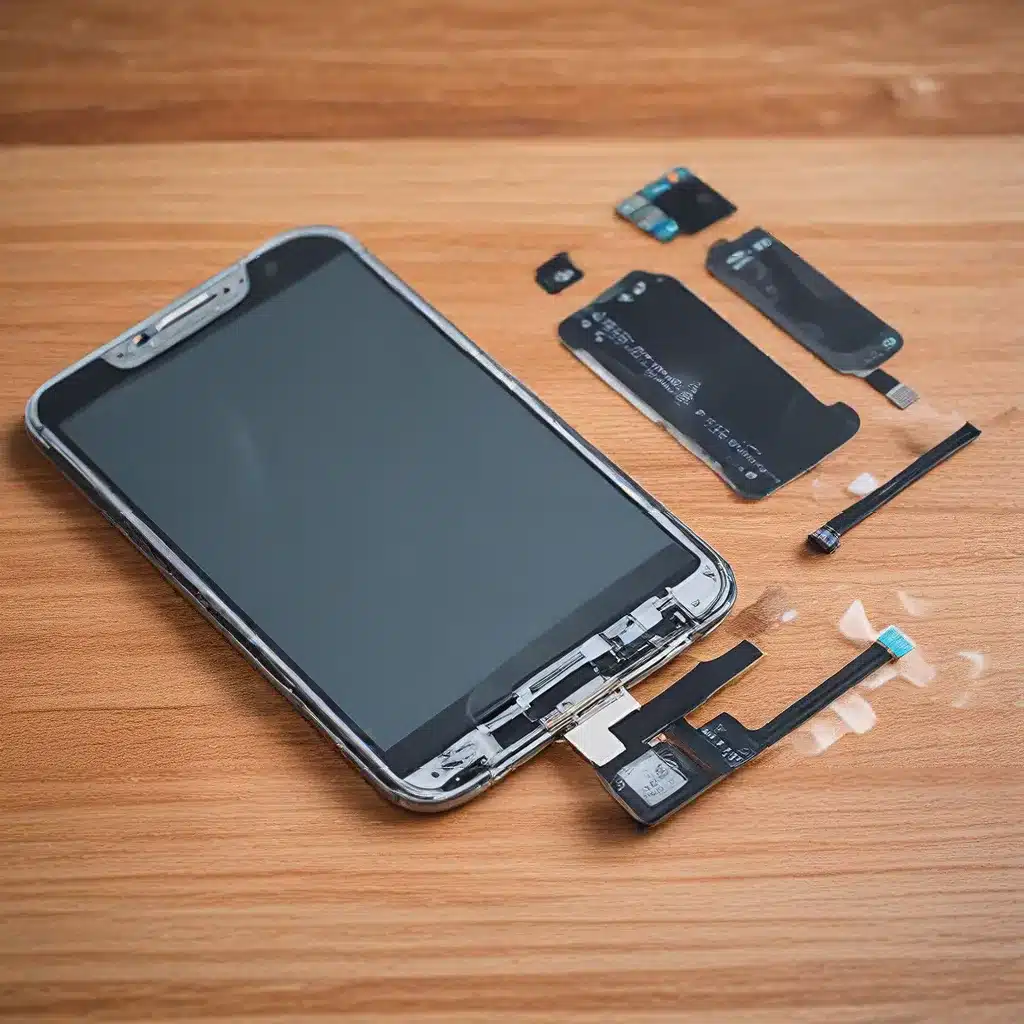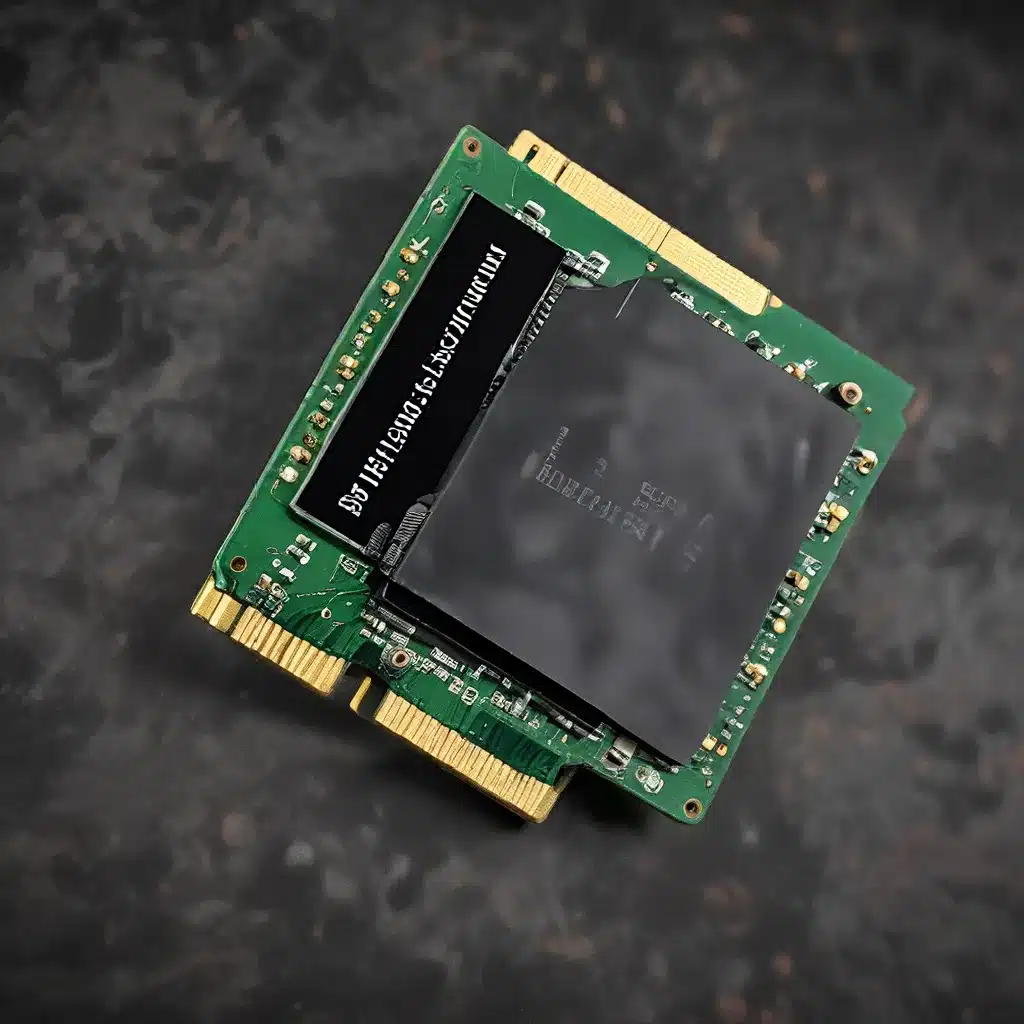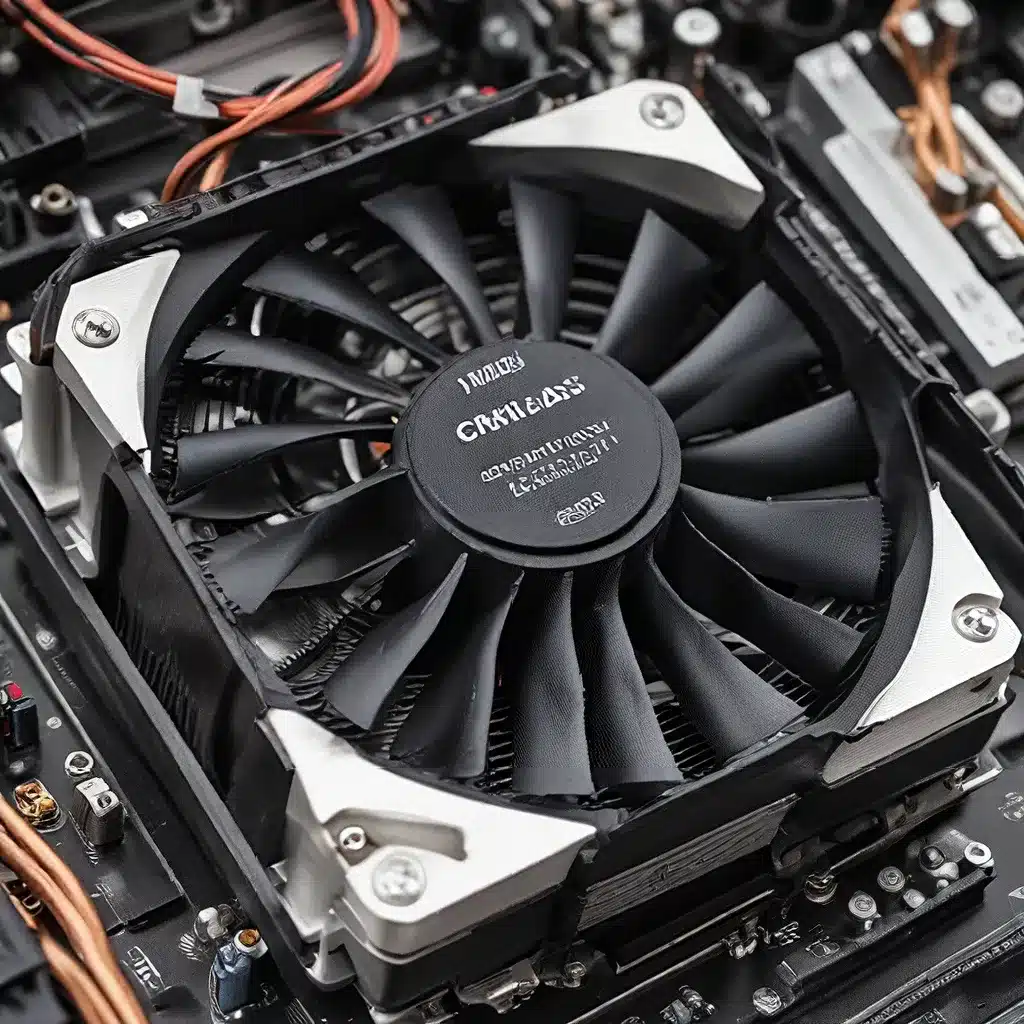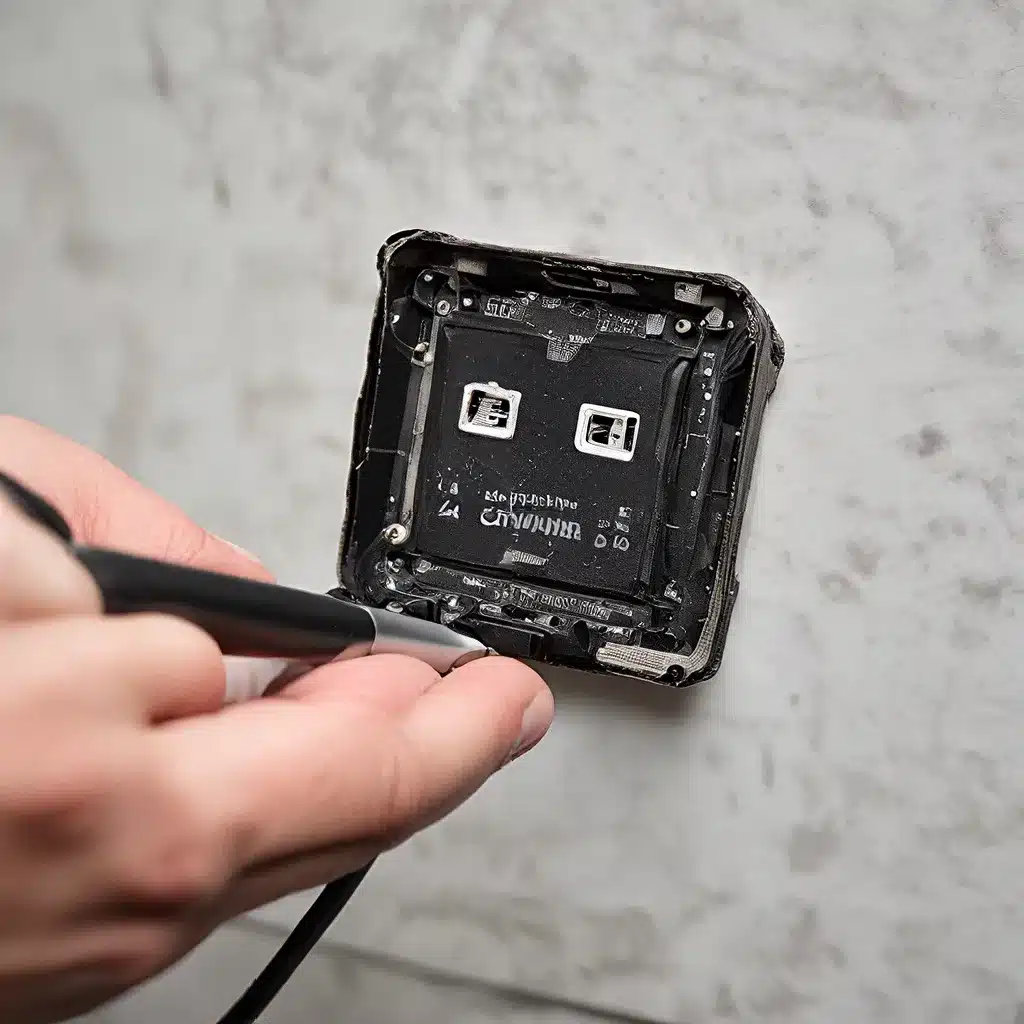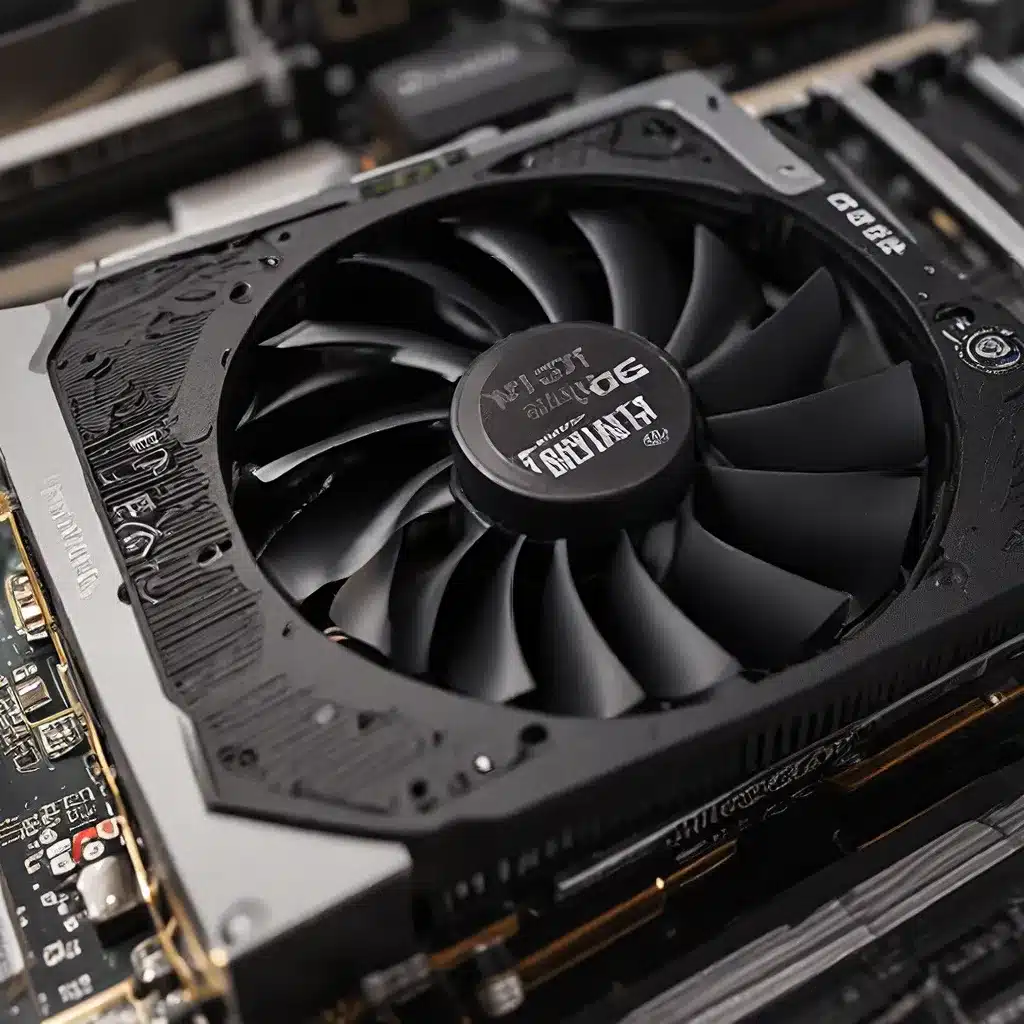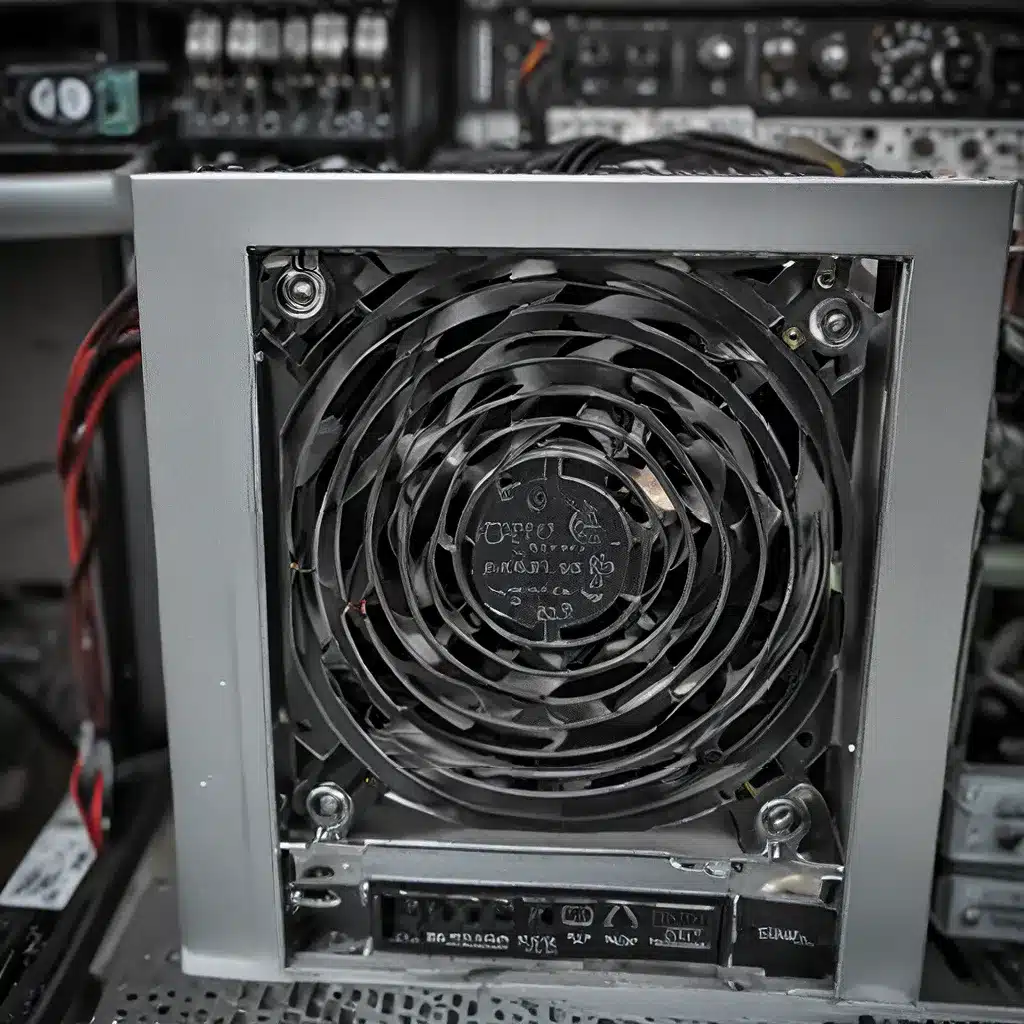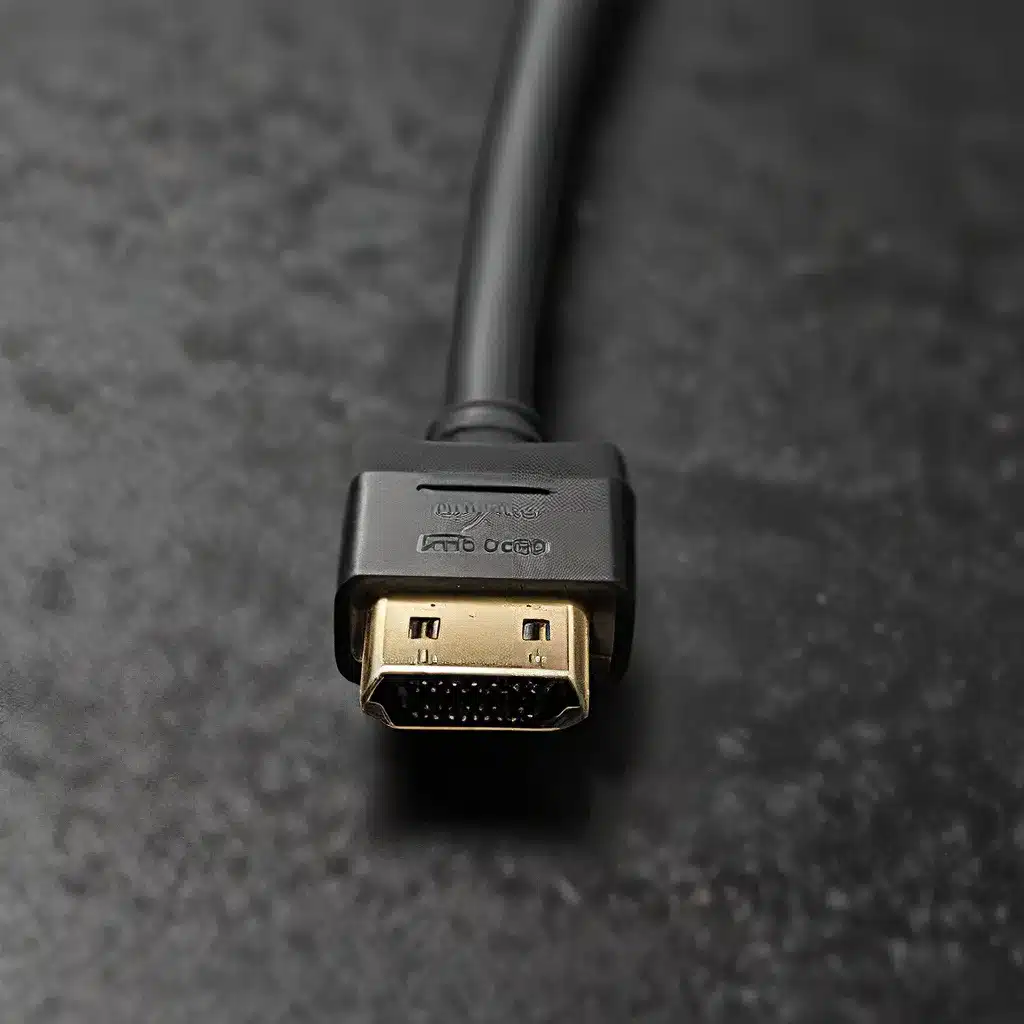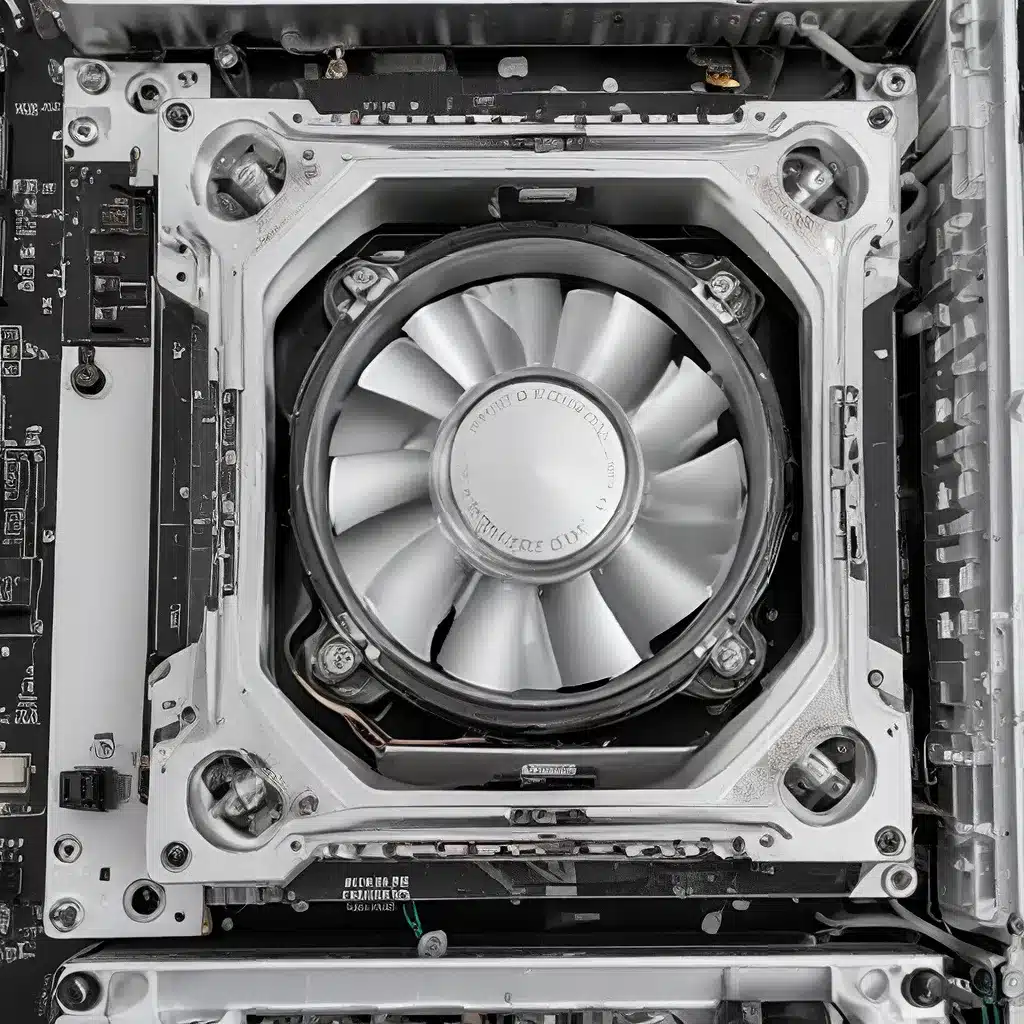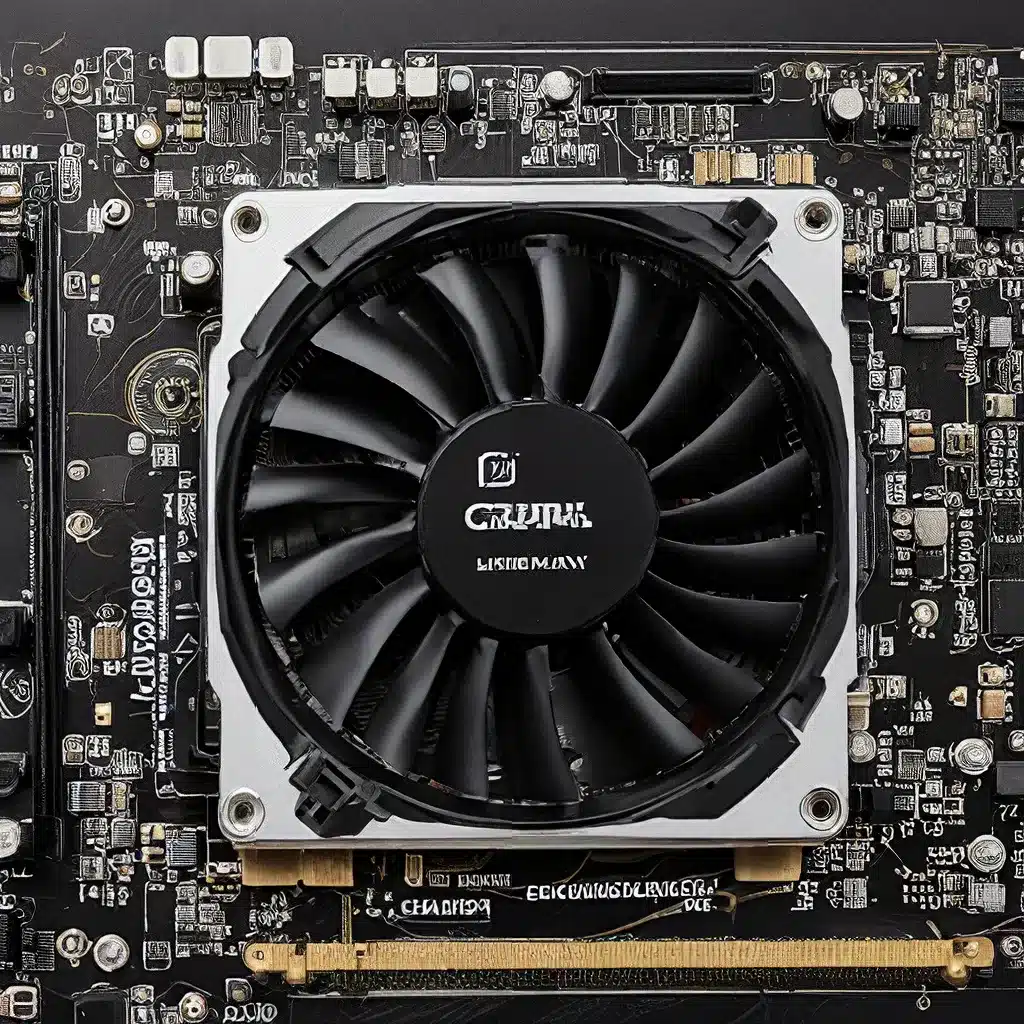Maxing Out Your Laptops RAM – When And How To Do It
The RAM Dilemma: When Is Enough, Enough?
As a computer repair technician at a busy shop in the heart of London, I’ve seen it all when it comes to laptop performance issues. One question that seems to come up time and time again is, “Should I max out the RAM on my laptop?” It’s a fair question, and the answer isn’t always straightforward.
You see, RAM is like the brain of your laptop – the more you have, the more your machine can think and process at once. But like a human brain, there’s a limit to how much it can handle before it starts to feel the strain. So, the real question is, when does adding more RAM stop being beneficial and start becoming overkill?
When More RAM Makes Sense
Let’s start with the good news – there are definitely times when maxing out your laptop’s RAM can give you a noticeable performance boost. If you’re the kind of user who has a ton of browser tabs open at once, juggles multiple resource-hungry applications like video editing software or CAD programs, or finds your machine slowing to a crawl when running several tasks simultaneously, then upgrading your RAM could be a game-changer [1].
Think of it like this – your laptop’s brain (the RAM) is like a chef in a busy kitchen. With just a couple assistants (8GB of RAM), they can handle a decent amount of orders (basic tasks) at once. But once you start throwing a whole restaurant’s worth of customers (programs) their way, things can get a little chaotic. Maxing out the kitchen staff (upgrading to 16GB or 32GB of RAM) gives that chef the help they need to keep up with the demand and serve up your meals (computations) nice and hot.
When More RAM is Overkill
Of course, the flip side is that there are also times when adding more RAM might not make much of a difference at all. If your current usage patterns are relatively light – maybe you just do some web browsing, document work, and the occasional YouTube video – then chances are your laptop is already handling things just fine with 8GB or even less [2]. In that case, spending the extra cash to max out your RAM would be like hiring a small army of sous chefs for your home kitchen – a bit of overkill.
I remember one customer who came in convinced that he needed to upgrade his RAM from 8GB to 32GB to help with his 3D rendering work. After taking a look at his system and monitoring his usage, it turned out that he was only ever using around 60% of his 8GB, even during his most intensive projects. Needless to say, he ended up saving a tidy sum by sticking with his current setup [3].
How to Tell if You Need More RAM
So, how can you figure out if your laptop could benefit from a RAM upgrade? The first step is to take a close look at your usage patterns. Do you find yourself frequently closing and reopening the same programs to free up memory? Are simple tasks like web browsing or document editing starting to feel sluggish? If so, then adding more RAM could be a smart move.
You can also use the trusty Windows Task Manager to get a better sense of your RAM utilization. Just hit Ctrl+Shift+Esc, head over to the “Performance” tab, and take a look at the “Memory” section. If you’re regularly maxing out that bar, then it might be time to consider an upgrade [4].
And of course, don’t forget to factor in what you plan to use your laptop for in the future. If you’re a budding 3D artist or video editor, for example, then investing in some extra RAM now could pay dividends down the line as your workload grows [5].
The RAM Upgrade Process
Okay, so you’ve decided that maxing out your laptop’s RAM is the way to go. Great! The good news is that it’s usually a pretty straightforward process.
First, you’ll need to figure out the maximum RAM your laptop can handle. This information should be readily available in your device’s specs or user manual. Once you know the limit, you can shop around for compatible RAM modules that will get you to that sweet spot.
When it comes to actually installing the new RAM, it’s usually as simple as popping open a panel on the bottom of your laptop, removing the old modules, and snapping in the new ones. Just be sure to handle them carefully and ground yourself to avoid any static discharge mishaps [6].
And remember, if you’re ever feeling unsure about the process or want to make absolutely certain you’re doing things right, don’t hesitate to reach out to the pros at your local computer repair shop. We’re always happy to lend a hand and make sure you get the most out of your machine.
Wrap-Up: The RAM Upgrade Balancing Act
At the end of the day, deciding whether or not to max out your laptop’s RAM is all about finding the right balance. Too little, and you’ll be constantly frustrated by sluggish performance. Too much, and you’ll be burning cash on features you’ll never fully utilize.
The key is to take an honest look at your current needs, your future plans, and your wallet – and then make the call that’s right for you. With a little research and the help of the pros, you can ensure your laptop’s brain is operating at peak efficiency and helping you get the most out of your digital life.
So, what are you waiting for? It’s time to unlock the full potential of your trusty laptop – one RAM module at a time!
[1] https://www.reddit.com/r/SuggestALaptop/comments/ow483p/is_worth_maxing_out_ram_on_my_laptop/
[2] https://chieftalk.chiefarchitect.com/topic/17454-ram-memory/
[3] https://www.reddit.com/r/windows/comments/jqzdfy/ram_is_constantly_maxing_out_for_no_reason/
[4] https://steamcommunity.com/app/271590/discussions/0/385429091863070907/?l=hungarian
[5] https://answers.microsoft.com/en-us/windows/forum/all/memory-usage-low-but-maxing-out-in-task-manager/299ca483-c84f-4bab-81d0-ab86a40fd277
[6] https://forums.tomshardware.com/threads/maxing-out-ram-good-or-bad.2483916/


